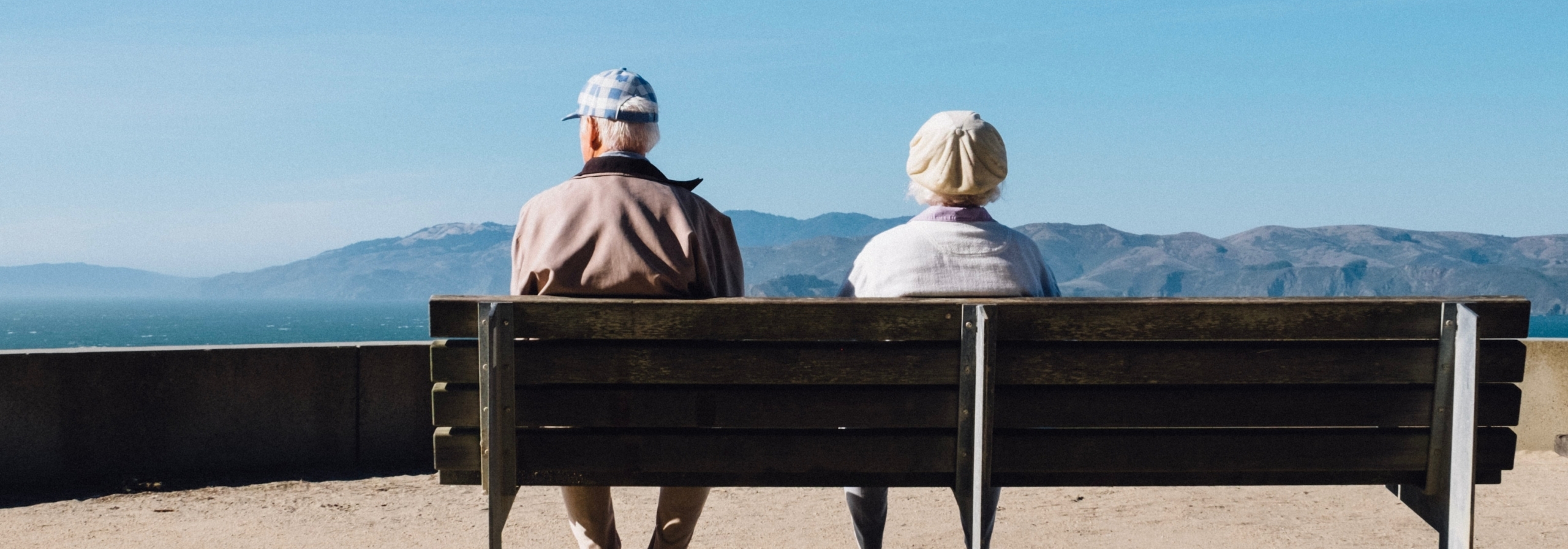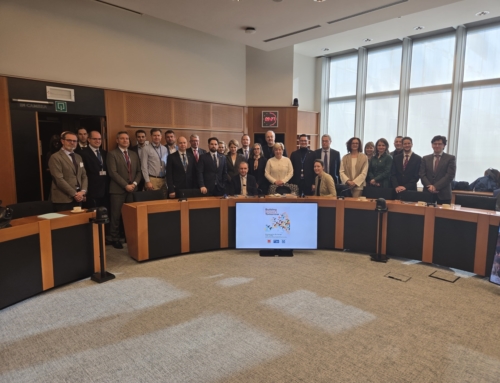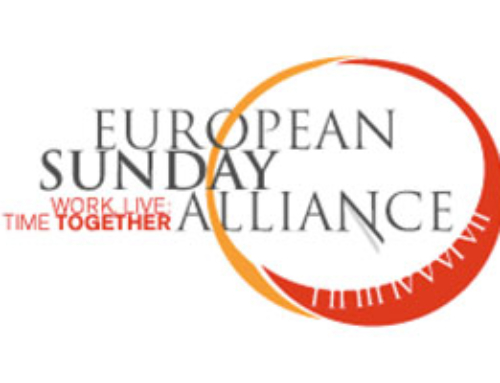8 July 2021,
On Wednesday, July 7th, the European Parliament assembled a Resolution on the “Old continent growing older – possibilities and challenges related to ageing policy post 2020”. The Parliament’s adoption of the report reflects an increasing attentiveness to demographic issues in the EU with special attention to the protection of human dignity, especially at the end of life. Among other things, the report articulates “the right to age with dignity” and takes several steps toward formalising the importance of the family to active ageing and social, physical, and emotional health outcomes in old age.
The Rapporteur, MEP Beata Szydło (Poland, ECR), delivered an opening statement that placed the report in the context of the European Union’s support for intergenerational solidarity and active ageing. She thanked her colleagues in the Parliament for the nearly six-hundred amendments that they filed and said that she regards it as a sign of great interest in the matter of an ageing Europe. Szydło’s statement highlighted the differences between passive ageing, wherein seniors accept whatever they are told to do, and active ageing, wherein seniors should decide on how engaged they want to be in the labor market or whether they simply want to leave it in order to take care of family members. As she said, “the elderly are the repository of traditional culture that preserves European heritage” and so should be valued and allowed to retain their agency.
The report also calls for the recognition of the value of informal care work and the need to introduce family-friendly policies (paragraph 30):
“Calls on the Member States to better acknowledge the value of informal care, to improve social protection and the various forms of support for informal carers, to provide professional support, training and peer counselling for informal carers, and to introduce, in close cooperation with social partners, different forms of periodic relief for family members caring for older people, especially those needing respite care and day-care services, and support services including flexible working arrangements;encourages the Member States to put forward targeted strategies to help informal carers and recognise their contribution to care for older people, and to put forward proposals for adequate relief services; emphasises that providing informal care should be a choice and that formal care services should be promoted” (30).
Unpaid care work is still work, as is obvious to anyone who has had to care for a child, parent, or friend for any period of time. The fact that national pension schemes do not reflect the value of this work is a major cause of social exclusion and old-age poverty, especially amongst women.
The report also features very good language on work-life balance, including flexible hours and parental leave. As stated in the report, “higher birth rates require more job opportunities, stable employment and housing, decent working and living conditions, flexible work arrangements, generous family support and paid parental leave for both parents, quality childcare from the early years onwards, and an equal distribution of unpaid care and domestic responsibilities” (25). Taken together, these measures mark a milestone in the pursuit of just and equitable family policies in Europe.
This Reports is a very good signal of the interest that the European Parliament and the EU have in families and in valuing their crucial function in society. As MEP Szydło noted in her opening statement, “intergenerational solidarity is a fundamental value of the EU” and it should be regarded as such by all.







